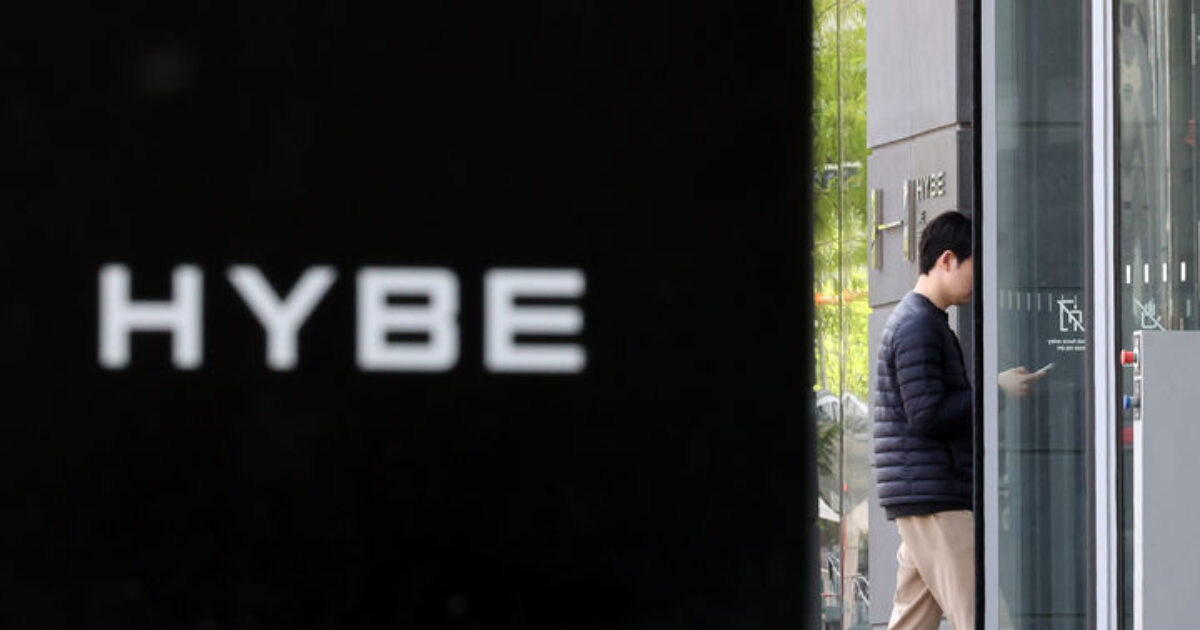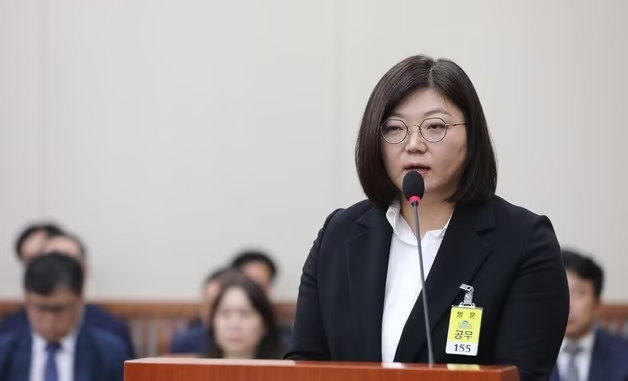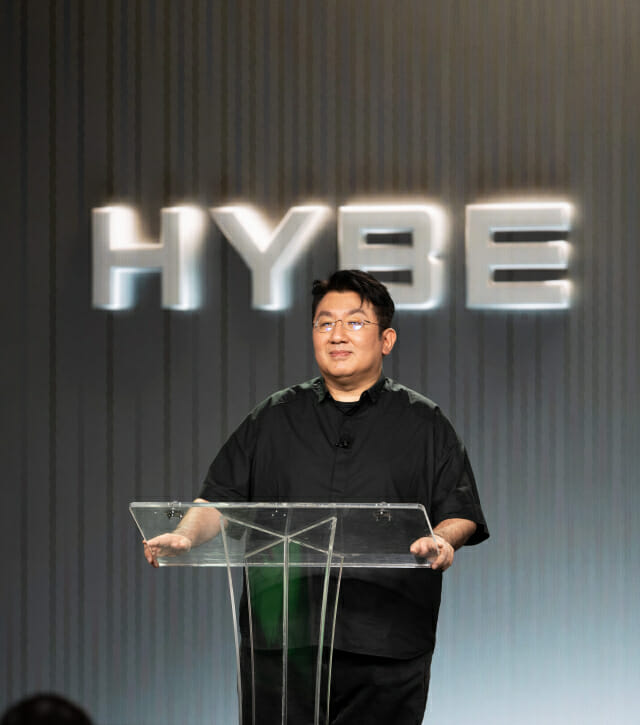HYBE Insider Tells All About Employee’s “Gwarosa” Death Uncovered During The Audit

During HYBE‘s audit that took place on October 15, 2024, ADOR‘s new CEO, Ju Young Kim, was questioned about a 2022 incident, now known as HYBE’s gwarosa (death from overworking) incident.

The case was uncovered through the audit investigation and HYBE was slammed for having tried to cover it up. During the audit, Kim claimed the death was due to the deceased’s “personal illness” and not work.
Yes, from what I know, in September 2022, an employee went to the break room around 5 PM, saying they would take a rest. Unfortunately, they passed out, and we found them in the break room and moved them to the hospital. They passed away a few days later due to their personal illness. It’s an unfortunate case.
— Ju Young Kim
On November 8, 2024 (KST), however, Bizhankook released an interview with a HYBE insider—identified as “a current employee who has worked there for several years,” though their affiliated label was not disclosed for their protection. The Q&A format interview discussed the work environment at HYBE at the time, providing more insight into how the gwarosa took place.
Q. During the National Assembly audit on October 15, HYBE faced allegations of “covering up a case of gwarosa.” It was claimed that, in 2022 when HYBE was undergoing aggressive expansion of subsidiaries, an employee passed away due to overworking. It was also claimed that HYBE considered the death to be due to a pre-existing illness and did not file a worker’s compensation claim. Are you aware of this incident?
A. Yes, there were rumors going around the company. I didn’t personally know the employee who passed away, but I know their story. The first time I heard about them was when I saw a company-wide notice about their passing. It caught my attention because it was a notice about someone’s death. There were talks like, “It was a gwarosa” and “It happened in the break room” and so on. I believe there was an article about it, too, although it was later removed. After hearing the talk, I remember thinking, “That’s certainly possible.”
The insider believed a gwarosa to be “certainly possible” at HYBE because of how intense the workload had been for everyone at the time.

Q. Why did you think it was possible?
A. Because I was also exhausted myself. It was during the peak of the COVID-19 pandemic, when I was working at BIGHIT MUSIC. My teammates and I used to joke around saying we’d rather catch COVID than keep working the way we were. It was rough. The workload was just unreasonable.
Q. What was the workload like?
A. Even before the gwarosa incident, people were getting severely burnt out. For example, we would start production on the same night we’d receive a concept. We would not have a choice but to work overnight well into dawn. That was OK, though. No one really complained about that. But once we were done with production, around 5-6 AM, we would expect to be sent home to get rest. We couldn’t. Once we submitted the result, we’d have to be on standby to make any edits as requested. So we all stayed up for several nights in a row. It was inefficient.
Then, sharing a personal experience from their time at BIGHIT MUSIC, the insider claimed that there were colleagues who seemed “visibly uneasy” to even take short naps in the break rooms in between the unending hours.
One day, I was able to get home a bit earlier around 6:30 AM after my production was approved rather quickly. I thought to myself, “Finally, I can get some rest.” My plan was to get some sleep and go back to work later in the afternoon. But that’s when I received a phone call from the office. They told me to come back ASAP to work on the next production. Had I not gone back, the workload would’ve fallen on my teammates. So I had no choice. I headed back immediately. I worked until 9 AM, and then I couldn’t take it anymore. The company had a break room with massage chairs. Some teammates and I took two-hour naps in those massage chairs. But we felt guilty about it. We were anxious. Some colleagues were visibly uneasy. That’s how things were. Once we got to the office, we could not go home for 3-4 days. We just worked straight through.
— Insider
The insider pointed out that, without regulations in place, the long hours became expected—though overtime compensation was not. And after a month of working around the clock, the insider had lost over 22 pounds (10 kilograms).
Q. What was the regulation on working hours?
A. At that time, the 52-hour workweek hadn’t been implemented. So the guidelines varied per label. Some people got paid for working overtime, others didn’t.
Q. Don’t production schedules align with album releases?
A. Right, and the set production schedule was never an issue. The problem was getting things approved on time to keep up with that schedule. There were a lot of things that didn’t make sense. Approvals from upper management would keep getting pushed back but for no clear reasons. Sometimes, after all the editing, we would go back to selecting the initial version. In short, the whole operation was inefficient. I lost 10 kilograms within the first month I started working.
Since then, some changes have taken place. The insider added that “the system is somewhat different now,” though, it is unclear whether chairman Bang Si Hyuk had anything to do with the changes.

Q. How is working at HYBE now?
A. The system is somewhat different now. I’m not sure if Bang Si Hyuk was aware of the situation at the time, but one thing is clear. There is definitely a difference between the labels that he personally oversees vs. those that he doesn’t.
In response to inquiries about the points brought up in the interview, HYBE explained that it is “using all available measures to comply with the current labor laws.” HYBE also emphasized that it has since introduced unlimited paid leave and flexible working hours policies to allow their employees to create a self-regulated working environment.
Meanwhile, Koreans continue to rally to revoke HYBE’s “Top Enterprise” status. Read more about the petition here: